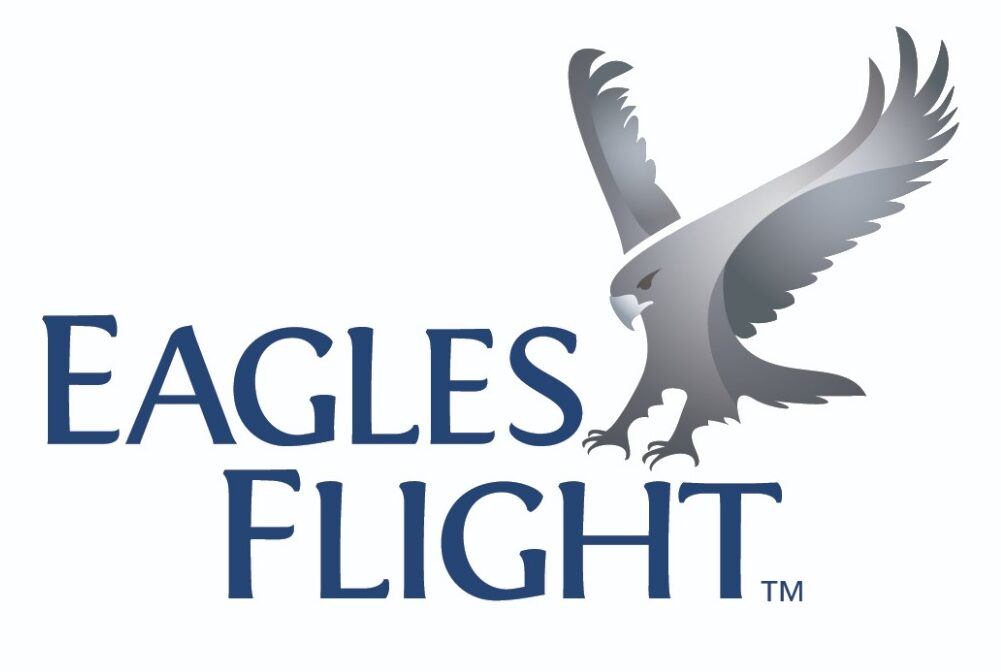- Experiential Learning
- Eagles Flight Asia
- 14 February 2024
8 Ways to Apply Experiential Learning in the Workplace

Experiential learning or learning by doing is a proven method to change behavior and improve performance. Experiencing something new, unusual, or outside of one’s normal routine has a powerful way of revealing the connection between one’s behavior and its immediate results. With today’s ever-evolving business landscape, it only seems reasonable to help employees learn better at the workplace by immersing them in the habits, workflows, and attitudes needed to succeed.
In this blog post, we take you outside of a typical training session and into the workplace itself and present 8 ways that organizations can apply experiential learning directly in the workplace.
- Action Learning Projects: This is an effective way to develop leadership skills in real time. Employees can be grouped in small cohorts tasked with solving actual business problems, offering practical experience in problem-solving and critical thinking.
- Mentorship Programs: Mentorship encourages knowledge-sharing and value exchange between senior and junior staff. Junior employees get first-hand insight into effective leadership practices and experiences.
- Outdoor Activities: Doing activities outside the office like volunteer initiatives or team-building programs help employees think outside the box. Participants get novel hands-on experiences in aspects such as communication, conflict resolution, and negotiation through activities that take them away from their regular routines.
- Conferences and Corporate Events: Organizational events where many employees gather to convene present a huge opportunity for improving collaboration, communication, and team dynamics. Instead of focusing on information dissemination through talks and presentations, try organizing interactive, themed, and story-driven activities where participants get up on their feet and engage with others to learn new ways of working.
- Peer Group Learning: Peer group learning leverages the power of collaboration, social interactions, and feedback in the learning process. It leads to knowledge sharing, constructive criticism, and innovative problem-solving which are ingredients to a healthy team culture.
- Case Study Discussions: Involves analyzing real-world scenarios as a group to identify problems and propose solutions. This method of experiential learning encourages strategic thinking and fosters the ability to envision multiple outcomes for a scenario.
- On-The-Job Training: Immersing people in real-world work environments through on-the-job training provides them with a practical platform to hone their skills. It imparts practical wisdom, fosters professionalism, and instills confidence in the workforce.
- Project-Based Learning: In project-based learning, employees work on specific projects or campaigns with set timelines that help develop critical thinking, boost creativity, and enable problem-solving. Empowering employees through participation in special projects helps them pick up new ways of working that they can take back to their daily routines. In time, they will learn to lead future projects within the organization.
Final Thoughts
These workplace experiential learning methods immerse employees in real-world scenarios, encouraging them to learn effectively by doing what is necessary. This active involvement not only deepens their understanding but also contributes to sustained learning and increased engagement within the organization.
Experiential learning offers a plethora of benefits, from improved performance and increased employee engagement to fostering a culture of continuous learning. By carefully implementing experiential learning in the workplace, organizations can drive better professional development initiatives, ensuring employees are equipped with the right skills to take on real-world challenges.
Mindset is everything.
—–
Eagles Flight Asia is the leading experiential learning provider across Singapore and the Asia Pacific region. We provide learning & development and behavior change programs around culture, leadership, change management, onboarding, employee engagement, and more.
The Eagles Flight brand of experiential learning engages and challenges all levels of participants, delivering a competitive edge to all sizes of organizations through behavior change that leads to improved performance.
